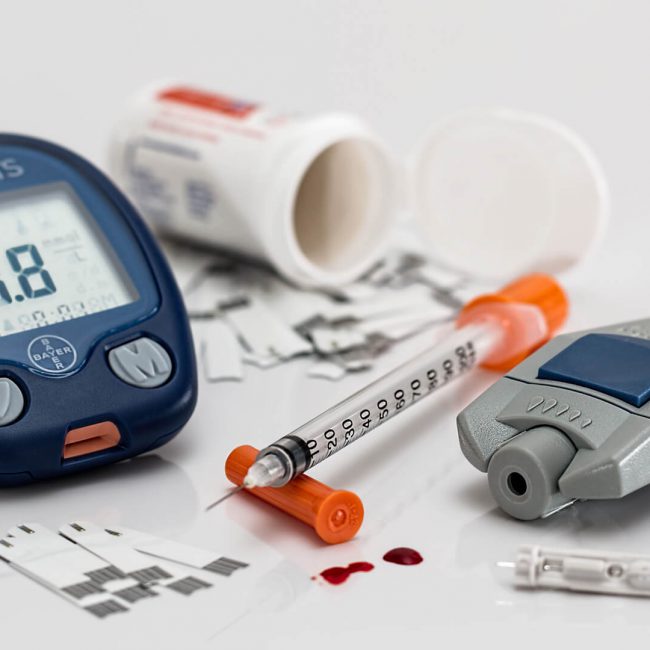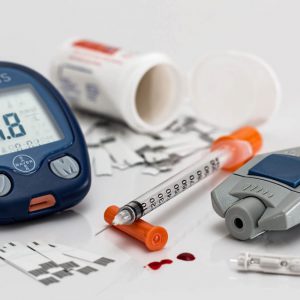Prostate-specific antigen (PSA) is a glycoprotein that is produced by the prostate gland, the lining of the urethra, and the bulbourethral gland. Normally, very little PSA is secreted in the blood. Increases in glandular size and tissue damage caused by benign prostatic hypertrophy, prostatitis, or prostate cancer may increase circulating PSA levels.
A free PSA test may be used instead of a biopsy to rule out prostate cancer, though you may still need a biopsy if your free PSA test results indicate a risk of cancer.
Age (Years) PSA Upper Limit (ng/mL)
<40 < or =2.0 40-49 < or =2.5 50-59 < or =3.5 60-69 < or =4.5 70-79 < or =6.5 > or =80 < or =7.2[/vc_column_text][/vc_tta_section][/vc_tta_tabs][/vc_column][/vc_row]



